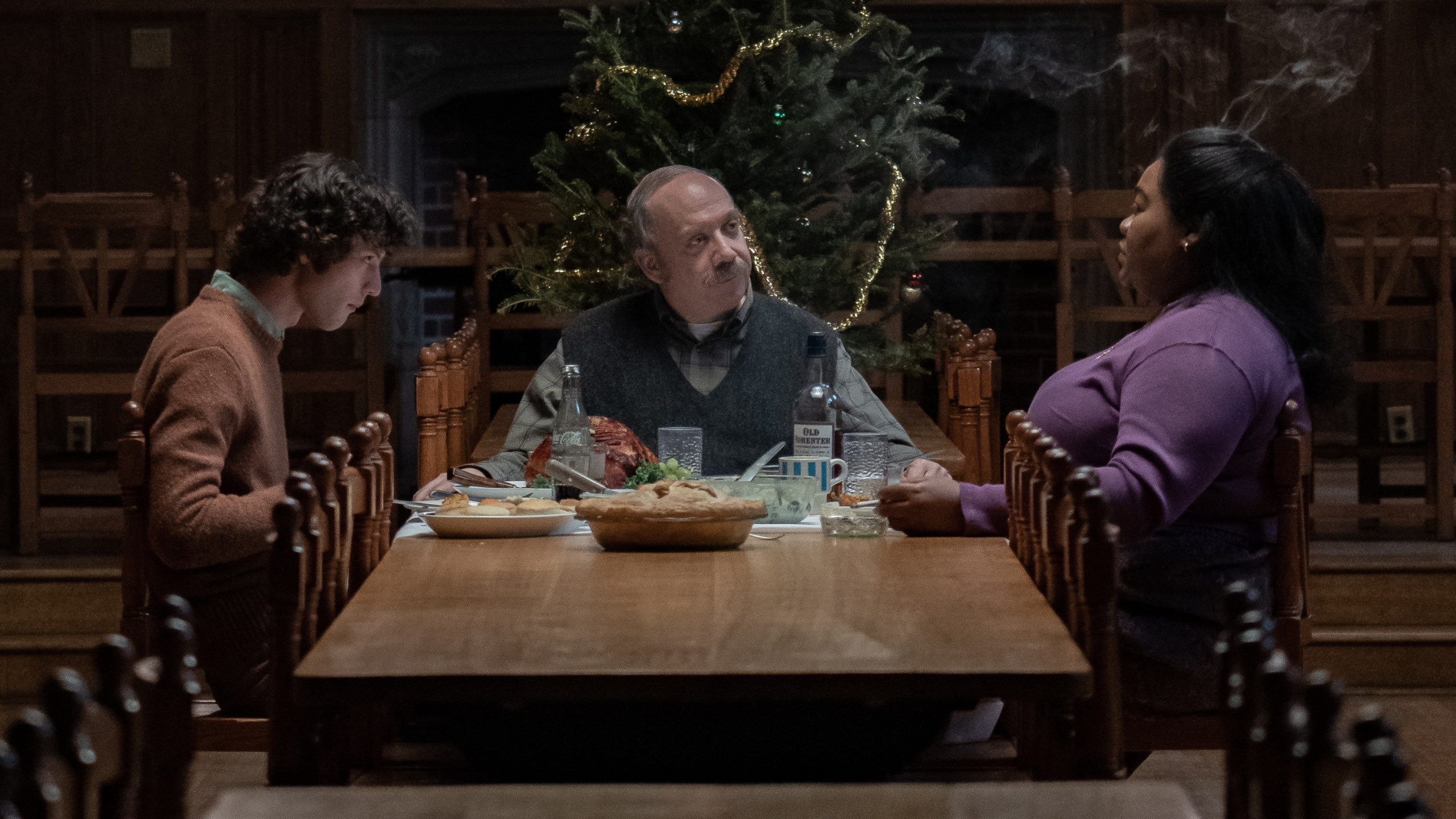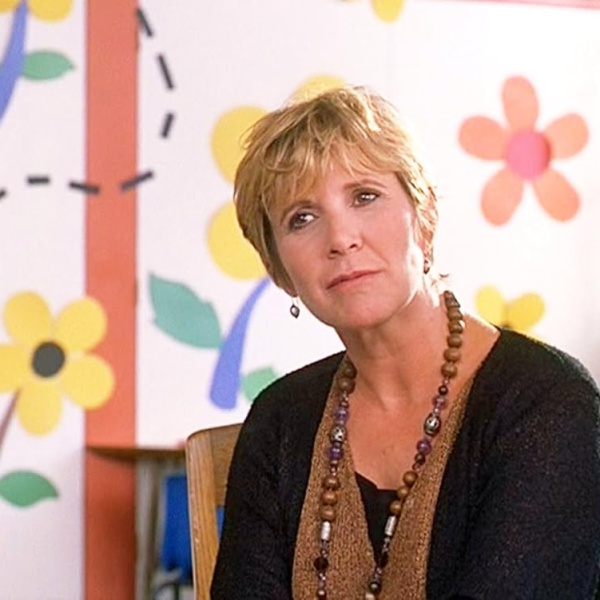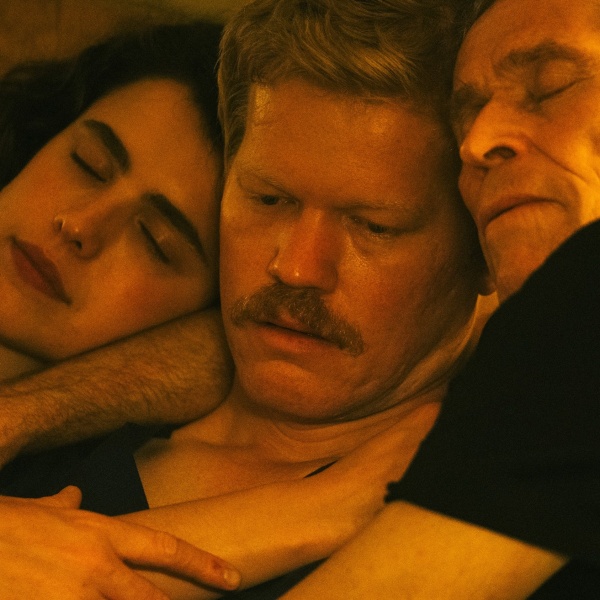Alexander Payne is holding out over calling “The Holdovers” a “cozy” film.
The director, who recently told IndieWire‘s Anne Thompson that the film’s holiday-set premise is in part based on the fact that a “very large percentage of suicides happen between Christmas and New Years,” examined why the label “cozy” has been applied to the period piece.
Set in 1970 with the Vietnam War looming over Christmas, “The Holdovers” is centered around people who remain at a boarding school over the winter break without homes to go to. Paul Giamatti portrays a professor in the period piece from “Sideways” helmer Payne, marking the director’s first film in six years.
In a new interview with Vanity Fair, Payne said he is “always a little surprised” about the word “cozy” being applied to the film in reviews and marketing materials.
“‘Oh, it’s like a cozy movie, or a warm hug, or putting on a sweater on a cold day and drinking hot cocoa,’” Payne said. “Part of that nauseates me a little bit.”
He continued, “I thought I was just making a decent movie about people. Well, you’re the first person I’m getting to ask: What is it that felt cozy to you or warm? Is it the texture of the film, or the quality of the human relations presented? What was it? […] We can talk about two things. One is this quality that it has, perhaps, that we can pierce our natural assumptions about others, given new knowledge. That everybody’s got a story. You meet someone, you make certain assumptions fairly or unfairly, usually unfairly. But then the more you get to know the person, the more you see the humanity underneath. And then by extension, in this film, if there’s a feeling that seemingly very disparate people can, with time, discover some common humanity — that’s a nice thing. I wouldn’t necessarily use the word cozy though. Why do you use the word cozy?”
Payne noted that the inspiration behind the film was in part from early ’70s movies that “put a primary focus on human relationships and how messy life can be.” Payne said, “I certainly can feel a certain coziness when I watch a Bob Rafelson movie or a Hal Ashby movie from that period. So on that level, I can understand that. I heard it or read it a couple of times, and I’m not quite sure what to make of it. Whether to be complimented or insulted by it. Not insulted, but you know what I mean.”
However, Payne draws the line at calling “The Holdovers” a holiday movie.
“I’m not trying to be disingenuous here. I just don’t see it as a Christmas movie,” Payne said. “It’s a movie that could take place only at Christmas because of the nature of it, and it’s melancholy, in that, here are these boys who have nowhere to go at a time where you’re supposed to be with your family. Automatically, there’s a melancholy backdrop to it. The lovely part is how the three main characters find a way to be together during this time where they really should be with family. Within all of that, it just seems like a Christmas movie formula, but I just didn’t see it that way. I’m reading some early reviews like, ‘Oh, people will watch this every Christmas.’ I’m like, ‘Really? Great.’ But I didn’t think about that.”
Payne concluded, “I’m happy when people say they were touched by this or that aspect of it, that it made them think about something. There are some emotional parts; they appreciate that some of the emotional effects are produced without sentimentality, which is something I consciously go for. I hate feeling manipulated, myself, in movies, but you still want to have emotional effects. How do you calibrate that? It’s pleasant that some of those things seem to be working.”





